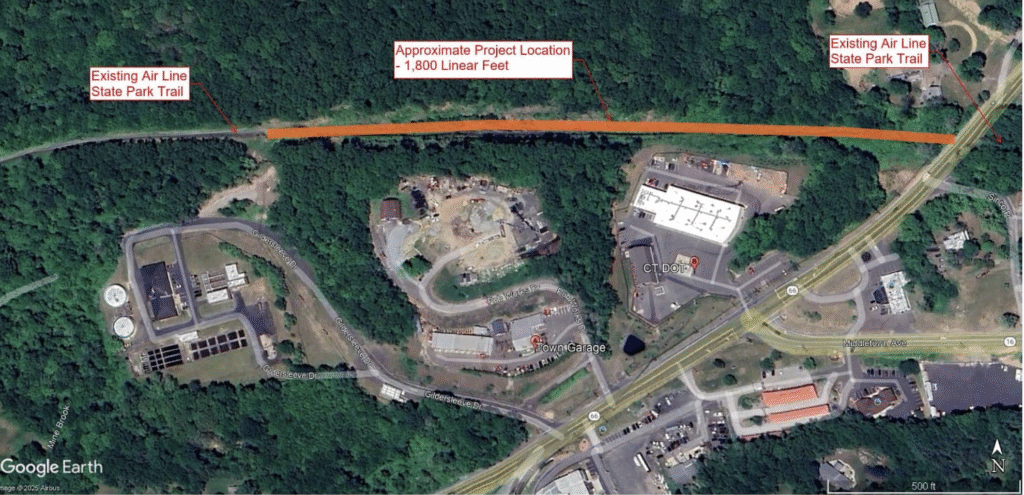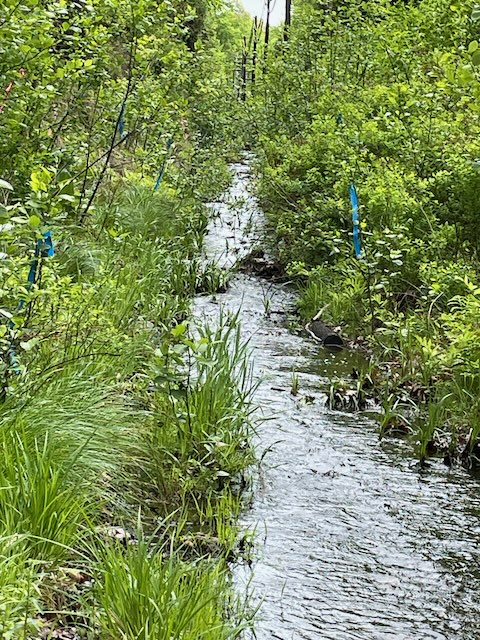To date, thirty people supported the new trail at the Midden Lookout by attending public walks, including Mayor Gene Nocera, who is very interested in the community vision for this amazing space. It’s time to get more organized to keep this project going!
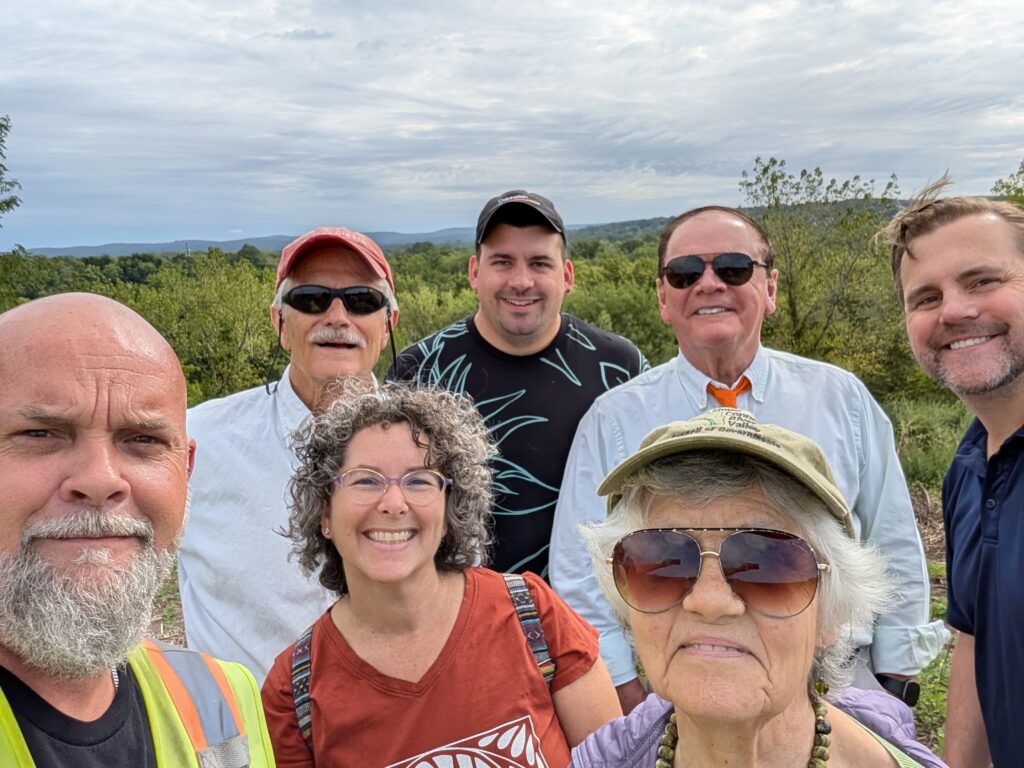
Walking at the Midden:
Acting Middletown Mayor, Gene Nocera!
Here are two ways to get involved:
Sign up here to join us at our next walk, Thursday, October 2nd at 5PM, for an early sunset view. Plus, an optional post-walk meet-up at Forest City Brewery.
Join our official “Trail Blazers” Group to commit to actively supporting the Midden Lookout Park and Trail. We’ll use the Trail Blazers distribution list to share milestones, public meetings, calls for time and talent, and moments to celebrate along the way. Keep reading for a recap of our walk with the Mayor.
Continue reading













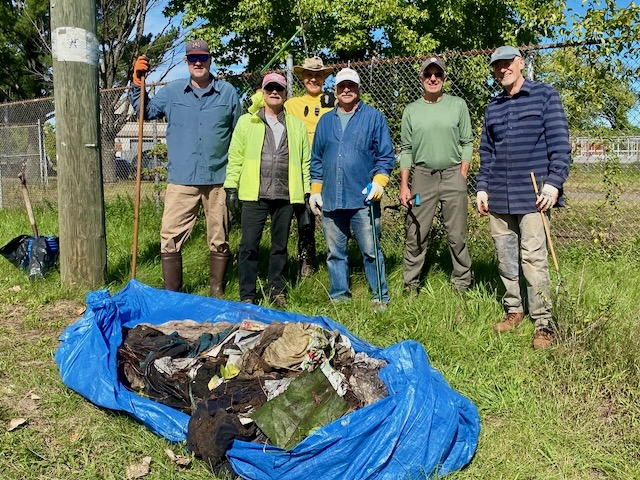

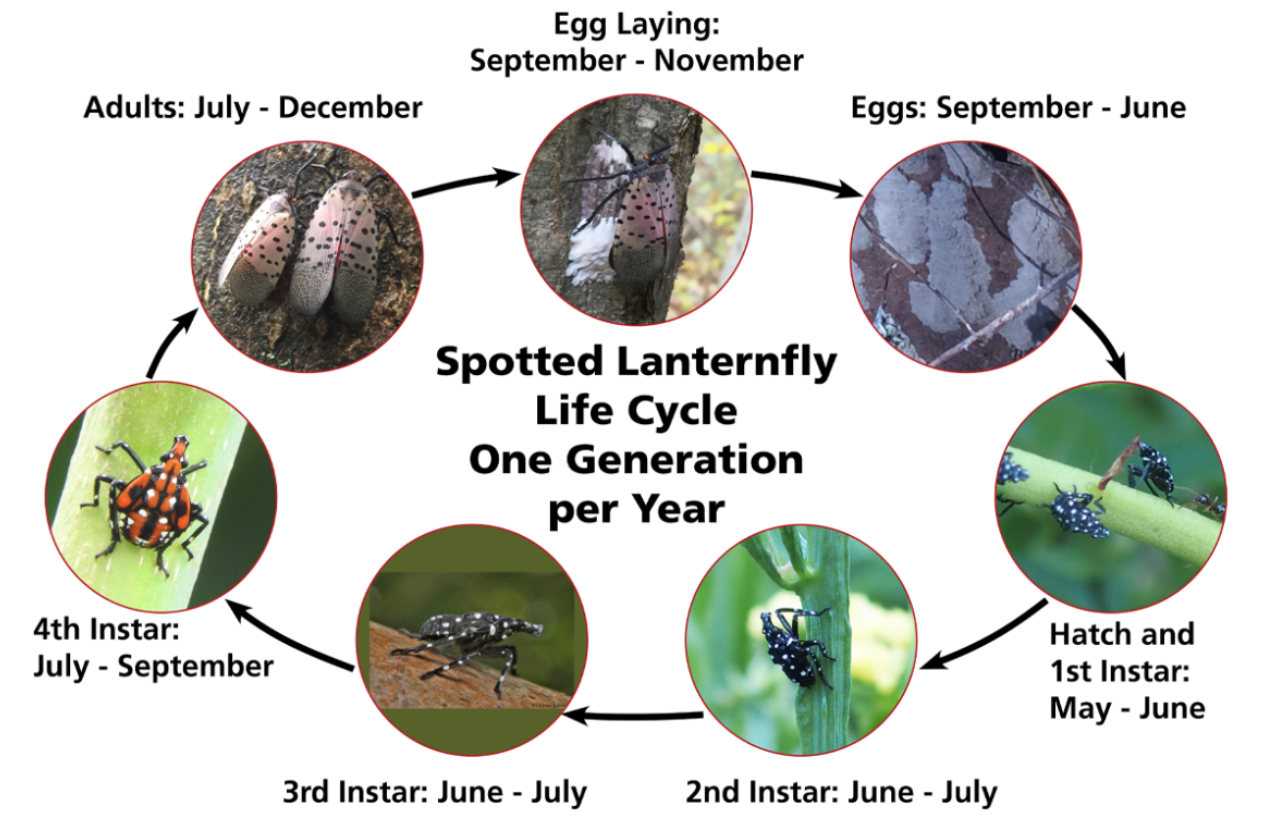
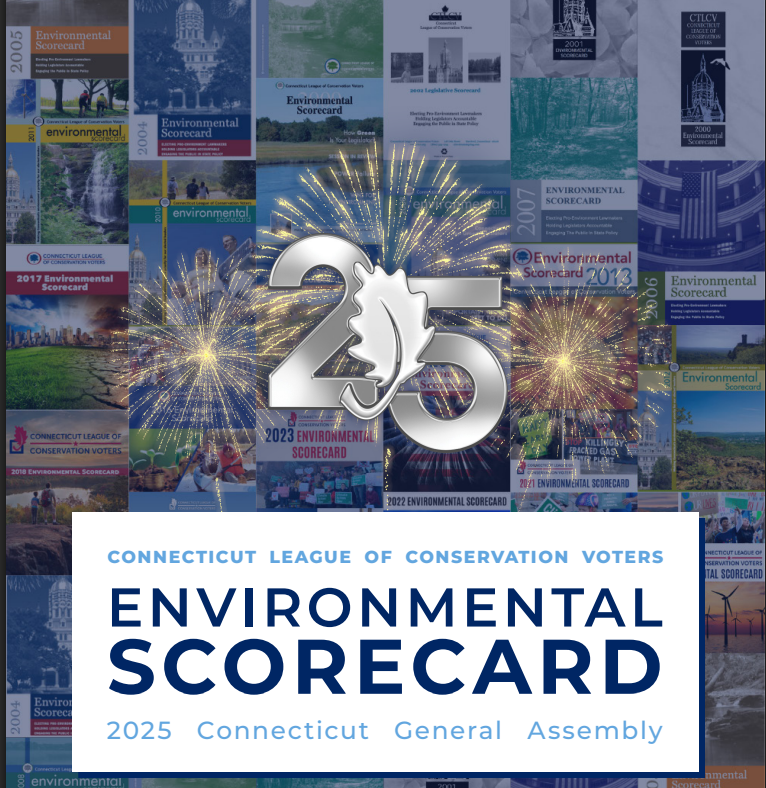
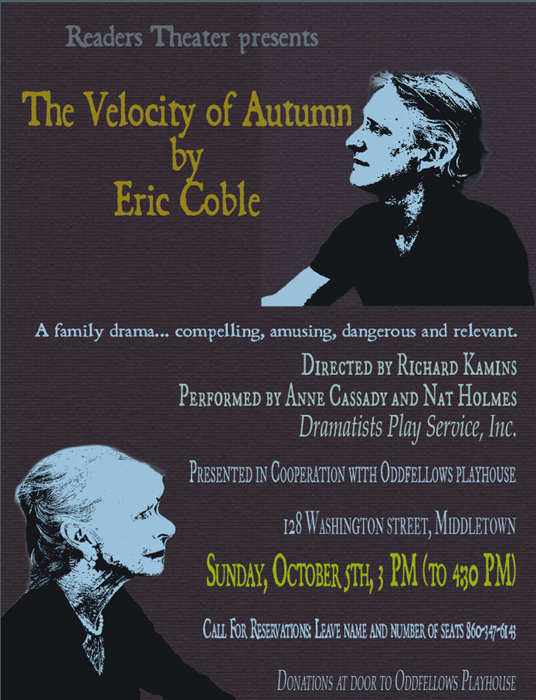 Reader’s Theater Presents “THE VELOCITY OF AUTUMN” by Eric Coble. A play about a 79-year-old artist, Alexandra, who barricades herself in her Brooklyn brownstone with Molotov cocktails to avoid moving into a nursing home. Her estranged son, Chris, climbs through a second-story window to mediate the situation, leading to a confrontation that explores themes of aging, independence, family dynamics, and the struggle to maintain one’s identity.
Reader’s Theater Presents “THE VELOCITY OF AUTUMN” by Eric Coble. A play about a 79-year-old artist, Alexandra, who barricades herself in her Brooklyn brownstone with Molotov cocktails to avoid moving into a nursing home. Her estranged son, Chris, climbs through a second-story window to mediate the situation, leading to a confrontation that explores themes of aging, independence, family dynamics, and the struggle to maintain one’s identity. Our final Paddle With A Purpose for the season was on August 2. Volunteers and field workers removed 2000 pounds of invasive water chestnut plants. That makes our total for the year come to 18,500 pounds. (We removed 24,000 pounds last year. So, we’ve made progress in reducing this infestation.)
Our final Paddle With A Purpose for the season was on August 2. Volunteers and field workers removed 2000 pounds of invasive water chestnut plants. That makes our total for the year come to 18,500 pounds. (We removed 24,000 pounds last year. So, we’ve made progress in reducing this infestation.) 

